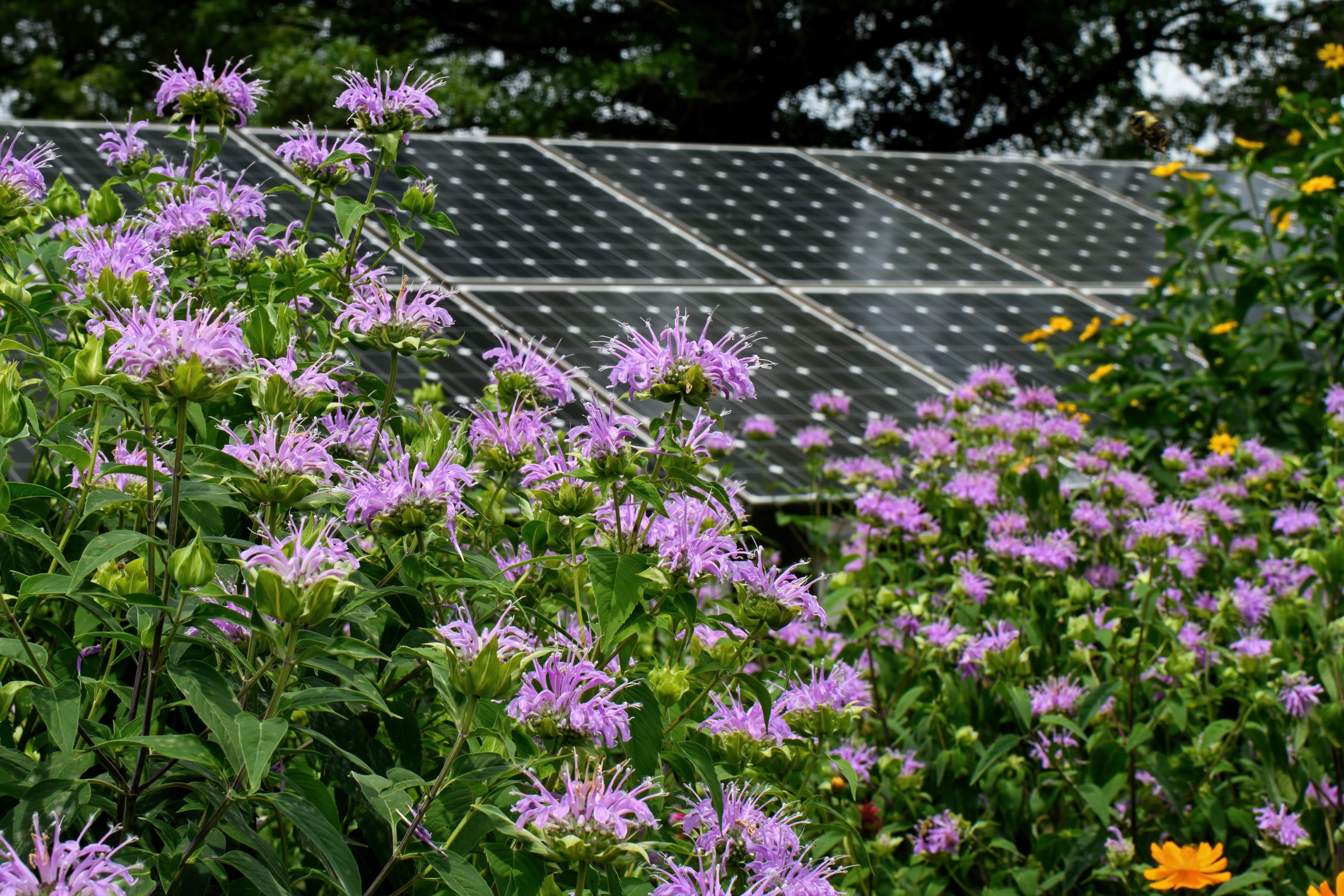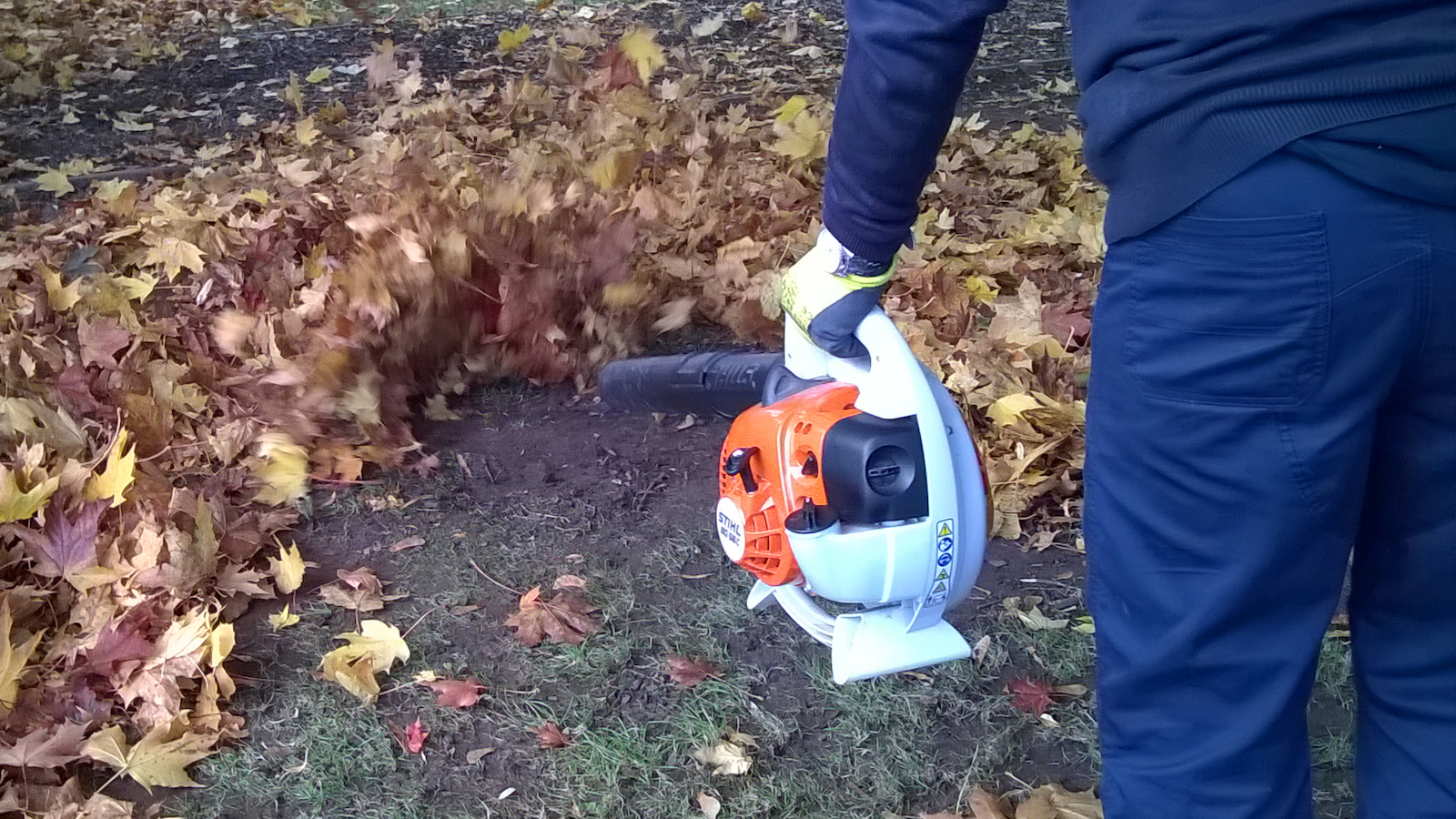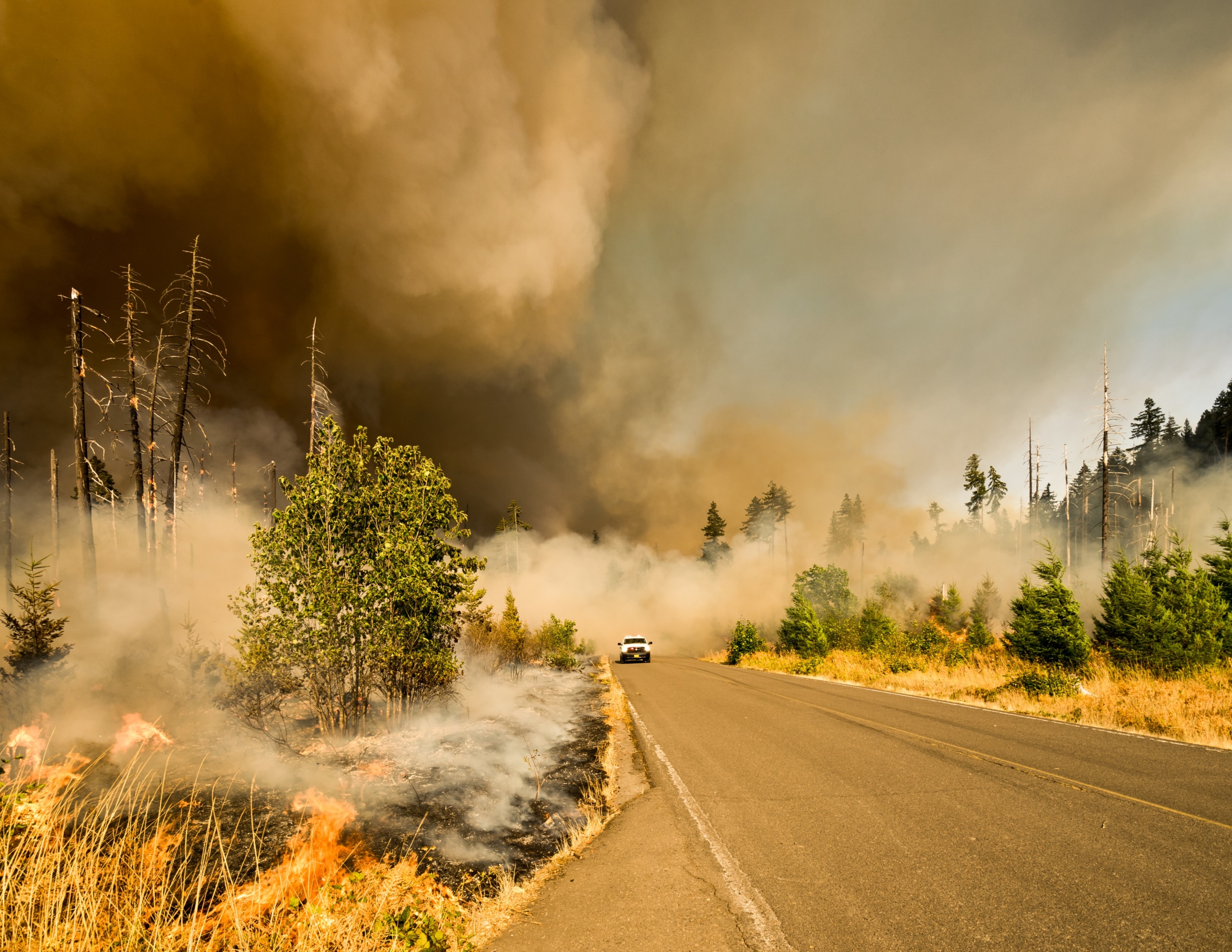
PennEnvironment Testimony for EPA Public Comment Period on the Methane Rule
Flora Cardoni,
PennEnvironment Field Director
January 10, 2023
Public Testimony for EPA-HQ-OAR-2021-0317-1460
Hello. My name is Flora Cardoni. I am the Field Director with PennEnvironment, the statewide, citizen-based, environmental advocacy nonprofit and I’m based in Philadelphia. Thank you for the opportunity to testify today, both for myself and on behalf of thousands of PennEnvironment’s citizen members across the state who are clamoring for real action to tackle the climate crisis and protect our health. In order to do that, it is essential that we rein in harmful methane pollution from the oil and gas sector.
Each year, oil and gas companies operating in Pennsylvania release over 1.1 million tons of methane into the atmosphere.
This methane pollution is a major contributor to the climate crisis. That’s because methane is a potent greenhouse gas that traps 86 times as much heat as carbon dioxide over a 20 year period. As a young person concerned about my future, tackling climate change is my top priority and it is an issue that’s top of mind for our activists and volunteers across Pennsylvania. We simply cannot address climate change without reining in methane pollution.
In addition to contributing to the climate crisis, oil and gas activities and infrastructure around the state and country also lead to the release of dangerous toxic pollutants such as volatile organic compounds (often called “VOCs”). These emissions present significant health risks, including worsening asthma and other respiratory diseases, increased risk of developmental problems in young children, immune system damage, and cancer.
Methane is also a major contributor to ground-level ozone, also known as smog. Studies show that smog pollution damages the lungs, and long-term exposure to smog is linked to 1 million premature deaths globally each year.
That’s why PennEnvironment applauds EPA’s proposal to rein in harmful methane pollution. We are happy that this rule will help curb dangerous climate-warming emissions, limit harmful smog pollution, and reduce the release of pollutants known to worsen asthma and other respiratory diseases.
We are especially heartened that EPA incorporated so much of the public feedback on the original draft rule, which was then proposed in this supplemental rule.
We are particularly supportive of the fact that the proposal requires inspections at small wells that often have leak-prone equipment, as well as the requirement that abandoned wells are subject to inspections until proper closure. These requirements are critical in a state like Pennsylvania, where there are hundreds of thousands of active and abandoned well sites. This additional safeguard in EPA’s proposed rule will go a long way towards protecting public health, particularly for the more than one million Pennsylvanians living near those sites.
PennEnvironment also appreciates the steps taken towards addressing super-emitters through a third-party monitoring program.
While the current draft of the rule represents real progress, there are ways to further strengthen the rule to protect public health and our climate.
First, EPA should provide a clear pathway for participation and engagement in the super-emitters program.
Second, EPA should strengthen this rule by phasing out pollution from routine venting and flaring.
Third, EPA should better address emissions from storage tanks.
We need the strongest possible methane rule to really protect our health, tackle climate change, and build a safer and stronger commonwealth. And I am confident EPA will rise to the occasion to do so. Thank you again for the opportunity to testify today.
Topics
Find Out More


Gas-Powered Leaf Blower Laws in Pennsylvania

